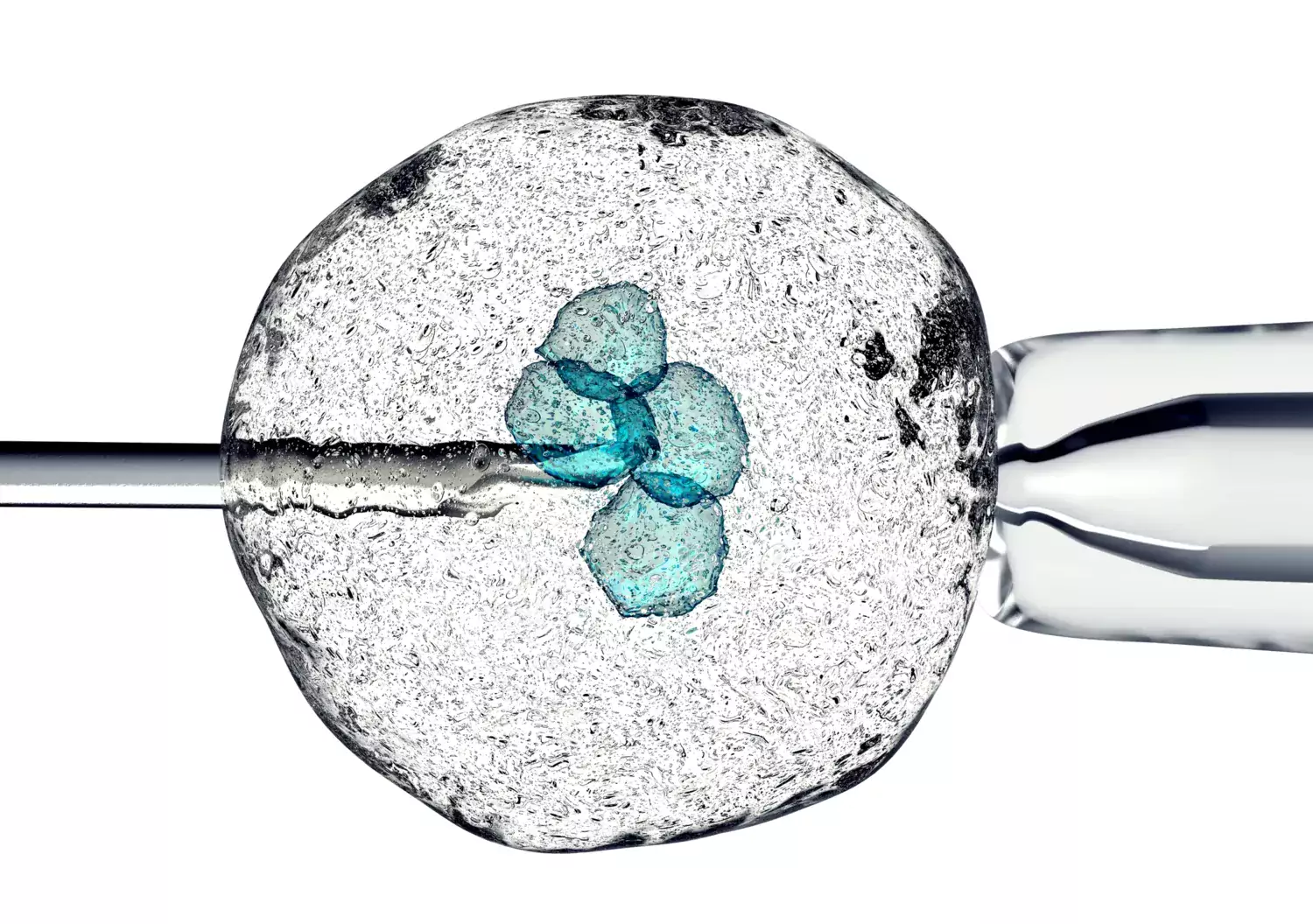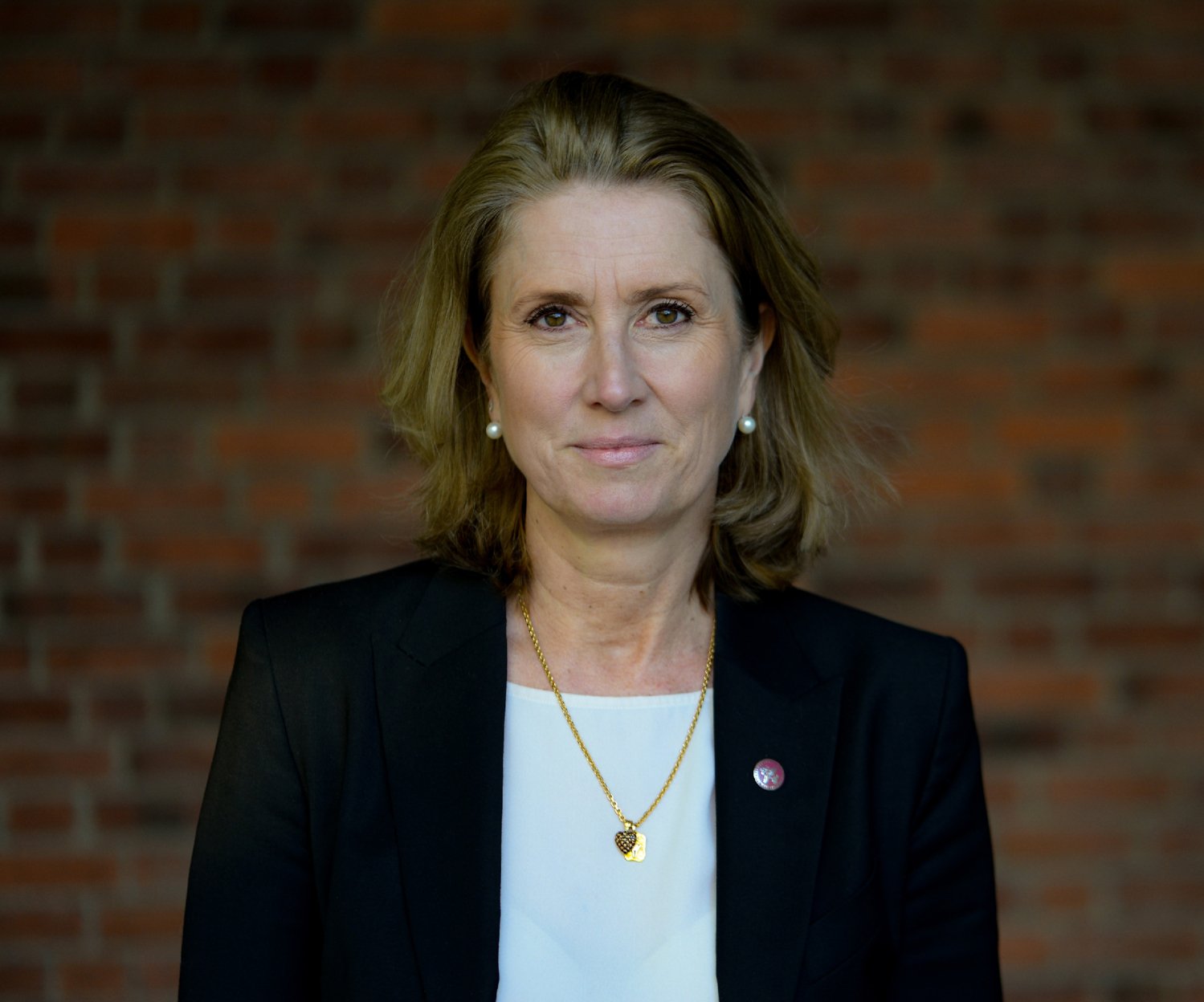Anna Martling strengthens KI’s role in the development of life science

Karolinska Institutet is to be an engine driving the realisation of Sweden’s potential in the field of life science. As an important step in this direction, Professor Anna Martling has been appointed Scientific Director Life Science at KI. Professor Martling has spent the past three years leading KI’s efforts to implement precision medicine in healthcare, a remit that is now being expanded to cover KI’s overall work in life science.
Professor Anna Martling, consultant and former dean of KI North, has been appointed Scientific Director Life Science at KI.
This is a new mission at KI, which involves coordinating internal initiatives and representing KI externally in the field. One of its main arenas of concern is the KI-Region Stockholm collaboration organisation.

"Anna Martling has built a large network and created an important position for herself in relation to relevant regional and national life-science actors," says KI president, Annika Östman Wernerson. "She has taken steps that have improved conditions for translational research and KI’s influence in its interactions with a number of partners in healthcare, industry and politics. I’m delighted to be able to secure her continuing commitment."
KI’s Strategy 2030 emphasises KI’s commitment to being an engine for life science. An example of this is that the university has taken part in the government’s former liaison group for health and life science, tasked with producing the national life-science strategy.
Many precision medicine initiatives
Over the past few years, KI and Karolinska University Hospital have effected several initiatives in the life science field, including the establishment of the Karolinska Comprehensive Cancer Centre, the Karolinska Precision Medicine Centre and the Karolinska ATMP Centre for advanced therapy medicinal products.
Karolinska Institutet is also a partner in SciLifeLab and the Wallenberg National Programme for Data-Driven Life Science (DDLS), established with funding from the Knut and Alice Wallenberg Foundation, and with precision medicine as a strategic area.
The aim of the DDLS programme is to position Sweden in the top international strata of life science.

"There are an incredible number of important initiatives, in which we need to create a unified structure in order to jointly propel research and healthcare forward," says Professor Marling. "We need to plug in together on these initiatives, coordinate ourselves and take turns leading certain questions. I think we need to do this if we’re to get as much as possible out of each individual initiative."
KI is involved in the regional liaison group for life science and has contributed to the regional plans of action in the field.
In her new role, Professor Martling will have a larger, overarching remit to drive developments in precision medicine for KI and Region Stockholm:
"I’ll be focusing in my new role on our initiatives in life science to keep pressing the issue and upping the pace of development. Since starting in January, I’ve been gathering key persons working within existing life-science initiatives so that together we can identify how to drive our work forwards."
Translating knowledge into patient benefit
Professor Martling stresses the importance of partnerships in research and development.
"Partnerships and collaborations are crucial," she says. "If we’re to change and modernise, we must work together not just in the healthcare sector but also with the business community and other external actors. Medtech and the pharmaceutical industry are two examples of sectors in which much of the important product development is taking place."
Such proactive corporate collaboration can also boost enterprise and new research-related jobs.
"It really is a privilege to make all this happen," she says. "We live at an extremely exciting time in which medicine is making rapid advances, with a focus on swiftly putting new knowledge to clinical use that benefits our patients. Life science will decide the future of healthcare provision and is essential to strengthening health-promotive, preventative care, which is becoming increasingly important."
What is life science?
Life science is a broad term that can be defined as the field of science that studies living organisms in some way.
Knowledge is normally built through research in natural science, medicine and health science, but it can also be multidisciplinary and include such areas as technology, ethics, social science and the humanities.
Sweden holds a strong international position in the field, with a history of world-class research and development in both medicine and medical technology.
The life-science sector includes the companies, higher education institutions and public operators at a local, regional and state level that through their research, education and innovation activities contribute to the betterment of human health.
Source: Vinnova and the Swedish Research Council
